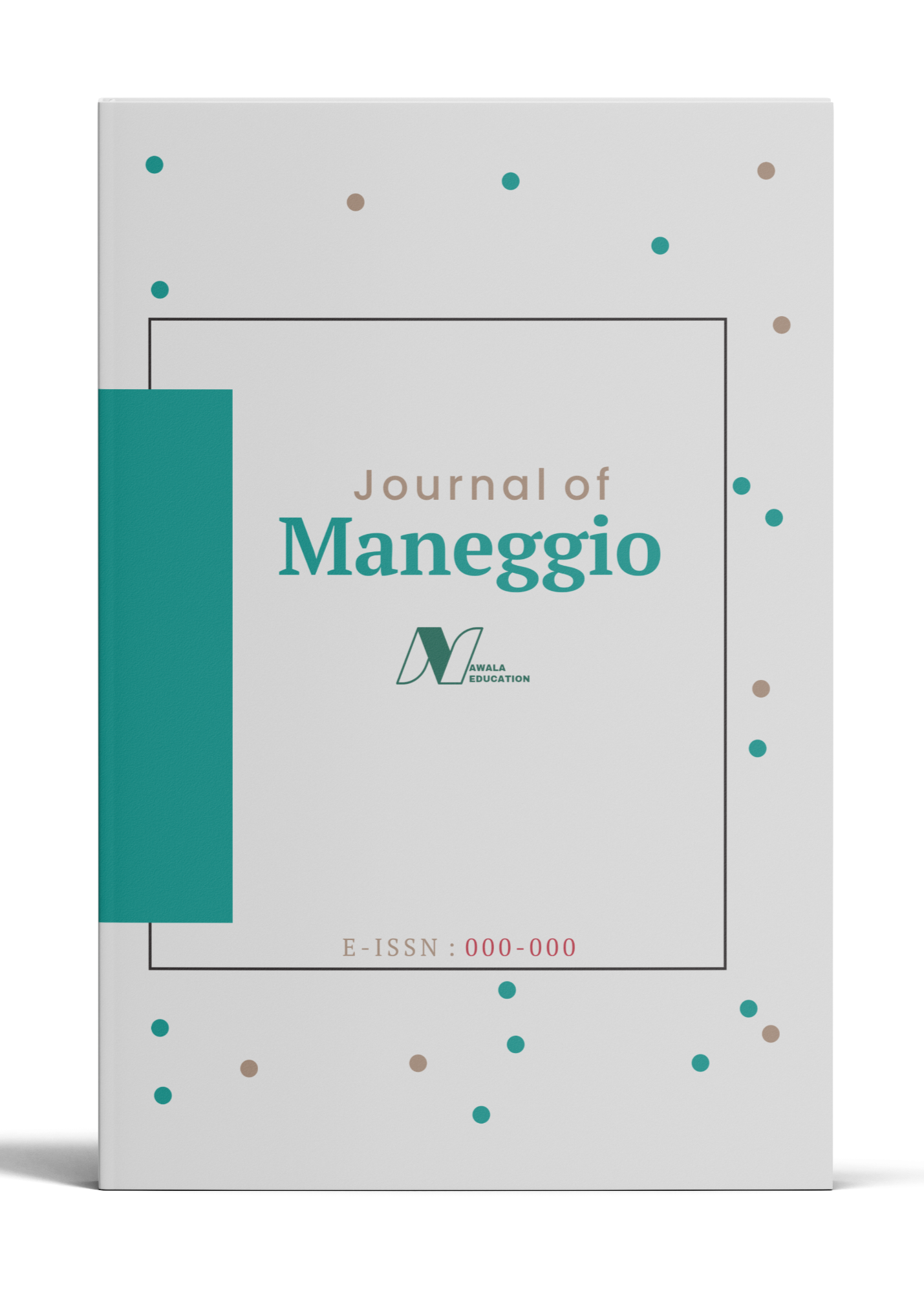The Influence Of Experiential Marketing On Repurchase Intention (Study On Regular Customers Of Cargo X Telukdalam City)
DOI:
https://doi.org/10.62872/dzg0xs48Keywords:
Experiential Marketing, Repurchase Intention, Customer LoyaltyAbstract
The rapid development in the service sector also increases the difficulty, namely failure to meet customer wants and needs, reflected in the low customer buying interest in the products and services produced by the company. In the author's observation, repurchase intention on regular Cargo X customers in Telukdalam City is low. The low repurchase intention can be seen from consumers who use Cargo services from 2020 to 2023 has decreased significantly. As for repurchase intention, it is influenced by many factors, but in this study it is only focused on experiential marketing variables. This study aims to determine the effect of experiential marketing on repurchase intention on regular customers of Cargo X Telukdalam city with the sample being regular customers of Cargo X Telukdalam city in 2023 totaling 120 people. This research uses a quantitative research approach. The data analysis technique in this study uses multiple linear regression analysis whose calculations are carried out with the IBM SPSS version 21 program. The results showed that the experiential marketing variable had a positive and significant effect on repurchase intention
Downloads
References
Andreani, Fransisca. 2007. Experiental Marketing. Jurnal Manajemen Pemasaran.Vol. 2. No. 1. p. 1-8.
Aron, David . 2006. The Effect Of Counter-Experiential Marketing communication on Satisfaction and Repurchase Intention. Journal of Consumer Satisfaction, Dissatisfaction and Complaining Behavior; 19,ABI/INFORM Global.
Bloemer, Josee, Ko de Ruyter, and Pascal Peeters. 1998. Investigating drivers of bank loyalty: The complex relationship between image, service quality and satisfaction”, International Journal of Bank Marketing, vol.16/7, p.276- 286. MCB University Press.
Chou, H. J. 2009. The Effect of Experiential and Relationship Marketing on Customer Value: A CaseStudy of International American Casual Dining Chains in Taiwan. Social Behavior and Personality, 37 (7), 993-1008.
Ghozali, Imam. 2013. Aplikasi Analisis Multivariat dengan Program IBM SPSS21. Edisi 7. Semarang: Penerbit Universitas Diponegoro.
Kitchathorn, Parawee. 2009. Factors Influencing Customer Repurchase intention: An investigation of Switching Barriers that influence the relationship between Satisfaction and Repurchase Intention in Low cost Airlines Industry. University of South Australia.
Kotler, Philip dan Kevin Lane Keller. 2012. Marketing Management. Edisi 14. Jakarta : Erlangga.
Nigam, A., 2012. Modeling Relationship between Experiential Marketing, ExperientialValue and Purchase Intension in Organized Quick Service Chain Restaurants UsingStructural Equation Modeling Approach, International Journal of Computer Science& Management Studies, Vol. 12, pp. 2231 –52.
Notoatmodjo, S. 2010. Metodologi Penelitian Kesehatan. Jakarta : Rineka Cipta.
Schmitt, B. H..1999. Experiential Marketing : How to Get Customers to Sense,Feel, Think, Act, and Relate to Your Company and Brands. New York: FreePress.
Sekaran, uma dan Roger Bougie. 2010. Research Method For Business: A. Skill Building Approach, Edisi 5. New York : John Wiley @ Sons.
Sekaran, Uma. 2006. Metodologi Penelitian untuk Bisnis, Edisi 4, Buku 1. Jakarta: Salemba Empat.
Singh, J. & Sirdeshmukh, D. 2000. Agency andTrust Mechanisms in Customer Satisfaction andLoyalty Judgments. Journal of the Academy of Marketing Science, vol. 28, no.1, pp.150-167. Retrieved 2000, from (Proquest) database.
Smilansky, S. 2009.Experiential Marketing: A Practical Guide to Interactive Brand Experiences. London: Kogan Page.
Snakers, E. and Zajdman., E. 2010. Does experiential marketing affect the behavior Of luxury goods’ consumers?. Umeå: Umeå Universitet.
Sugiyono. 2012. Metode Penelitian Bisnis. Bandung : Alfabeta.
Sujarweni, V dan Poly Endrayanto. 2012. Statistika untuk Penelitian. Yogyakarta: Graha Ilmu.
Thejasukmana, V. A., dan S. Sugiharto. 2014. Analisis Pengaruh Experiential Marketing Terhadap Pembelian Ulang Konsumen The Vinnette (House of Bovin and Lynette) Surabaya. Jurnal Manajemen Pemasaran Petra Vol. 2 No. 1 Hal. 1-14, 2014.
Umar, Husein. 2010. Riset Pemasaran dan Bisnis. Jakarta: Gramedia Pustaka Utama.
Wiratmadja, Raden, G. 2011. Pengaruh Experiential Marketing Terhadap Minat Beli Ulang Pelanggan Studi Kasus: Inul Vizta Ktv Pejaten Village. Tesis. Universitas Indonesia.
Zeng, F., Zuohao H., Rong C., & Zhilin Y. 2009. Determinants of Online Service Satisfaction and Their Impacts on Behavioral Intentions. Total Quality Management & Business Excellence, 20 (8), 953-969.
Downloads
Published
Issue
Section
License
Copyright (c) 2024 Aluiwaauri Tafonao (Author)

This work is licensed under a Creative Commons Attribution-ShareAlike 4.0 International License.












